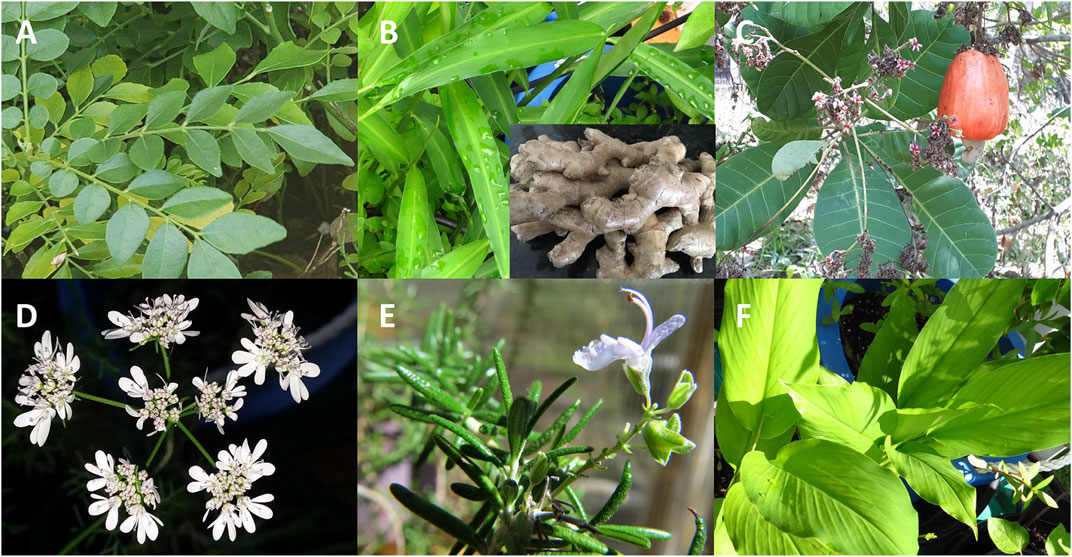By Asmau Ahmad
The Minister of State for Health, Senator Adeleke Mamora, said Nigeria is endowed with over 10,000 species of medicinal plants.
Mamora stated said this in Abuja at the opening of a conference on Traditional, Complementary and Alternative Medicine (TCAM).
He also added that the country had good arable land and climatic conditions for harnessing the potentials of the plants, for health, social, economic and other benefits.
The conference was organised by TCAM, in collaboration with the Federal Ministry of Health.
The World Health Organization (WHO) has identified medicinal plant as the whole or part of a plant that contains bioactive substances that can be used for therapeutic purposes or serve as precursors for the synthesis of drugs.
Nigeria has a full-fledged TCAM Department in its ministry of health responsible for the formulation, review and implementation of policies and guidelines for research, development and regulation of herbal medicines.
The country launched the Traditional Medicine Policy in 2007, which has as its key objective, harnessing the potentials and economic benefits of TCAM.
The country also has a compendium of medicinal plants, the Nigerian Herbal Pharmacopeia (NHP), first published in 2008 and currently under review.
The compendium contained medicinal plants used for the safe treatment and management of various diseases.
Mamora said the conference should promote the cultivation and utilization of medicinal plants as raw materials for the pharmaceutical, food and cosmetic industries.
He said this was to create short, medium and long-term value chain and attract agricultural and manufacturing loans.
The minister said this was important, as Nigeria and other African countries currently benefitted minimally from the global herbal medicine market projected at seven trillion dollars by 2050.
He said the market had been dominated by China, India, US, Germany and Thailand.
He assured that the ministry remained committed to developing and promoting traditional, complementary and alternative medicine in Nigeria.
He said stakeholders had initiated sensitisation programmes and activities to promote the cultivation, commercialisation and use of indigenous medicinal plants in the country.
It “facilitated the passage of the TCAM Council Bill into Law, to effectively coordinate and regulate TCAM practice in the country.
The stakeholders also “inaugurated an Expert Committee that is currently working out modalities for the take-off of TCAM Institute for the training of TCAM practitioners in Nigeria”.
Earlier, the First Lady, Mrs Aisha Buhari, expressed regret over the low level of utilisation of the10,000 species of medicinal plants in the country, in spite of its huge need for the production of drugs, cosmetics and other essential products.
She expressed the present administration’s commitment to boosting the commercial cultivation of such plants for the health, economic and social benefits of the people.
The first lady said it would also open new areas for wealth and job creation for the teeming youths of the country.
The Conference is expected to bring together experts and other stakeholders in various fields of TCAM to brainstorm on the importance of indigenous medicinal plants to healthcare delivery in Nigeria.


